Early one summer’s morning in 1994, Paul Jennings Hill, a defrocked Presbyterian minister, gunned down a doctor, John Britton, as he arrived for work at an abortion clinic in Florida. Unrepentant by the time of his execution nine years later, Hill (who I really don’t recommend Googling) was associated with the Army of God (ditto), which urges the murder — or ‘justifiable homicide’ — of abortion providers in the United States.
Given how often Joyce Carol Oates’s awesomely prolific output concerns male violence and women’s bodies, it’s no surprise to find her using this as material; with Trump vowing to undo Roe vs Wade, it’s timely. By turns icily subtle and sledge-hammer crude, her unadvertised recasting of the case begins by putting us fairly terrifyingly into the shoes of the killer — here, Luther Dunphy, a roofer seeking obscure payback for his three-year-old daughter, who had Down’s syndrome and died when he crashed his car on a frozen highway.
Just how grimy that tragedy might be isn’t clear, given the degree of fishiness clinging to his account of a violent youth unpersuasively forsworn. ‘I respected my wife,’ he tells us, which ‘prevented me from turning her forcibly to me, which I would never do except if I was drunk, and I was never drunk any longer, at that time in our marriage.’ Hmm: caveat central.
In the end the book isn’t about Luther or his victim (here the doctor Gus Vorhees, whose own zeal in pursuit of his calling clarifies the plural of Oates’s title). After hundreds of pages, with hundreds left to go, the focus falls on the two men’s grieving eldest daughters, Dawn and Naomi — both 13 at the time of the murder — as one becomes a documentary maker and the other a boxer. If you can guess which is which — the roofer’s daughter or the doctor’s — that’s among the problems Oates has her eye on: while the Vorhees like hiking, Harper’s and ‘really good coffee’, the Dunphys — ‘sallow-skinned’, ‘plain-faced’, ‘heavyset’ — haven’t even heard of Starbucks.
Despite the dialectically juicy revelation that Gus’s mother, a workaholic philosopher, never wanted him born, it’s pretty obvious whose part Oates takes in what amounts to an epic bout of cucks vs deplorables. But nor can you doubt which side most fires her up; and a suddenly harmonious ending can’t quite shake the sense that this intense, overlong saga is at its spine-tingling best when staring into the dark, a sliver away from the Gothic.
Got something to add? Join the discussion and comment below.
Get 10 issues for just $10
Subscribe to The Spectator Australia today for the next 10 magazine issues, plus full online access, for just $10.
You might disagree with half of it, but you’ll enjoy reading all of it. Try your first month for free, then just $2 a week for the remainder of your first year.

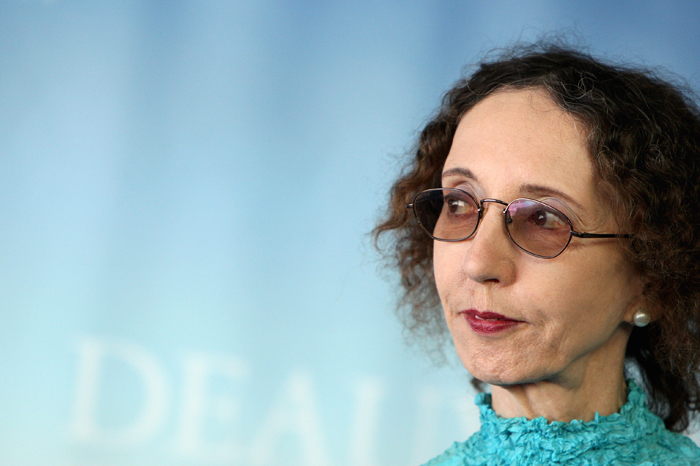
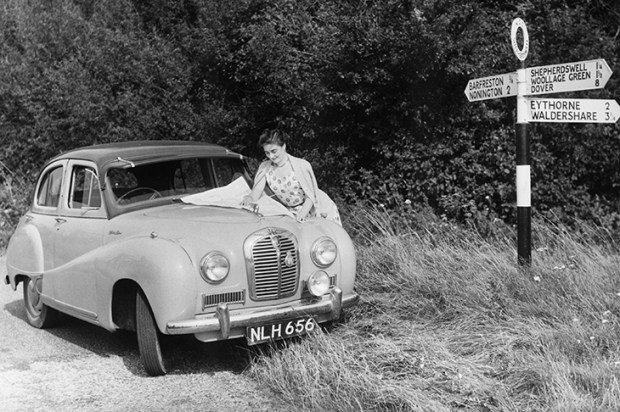

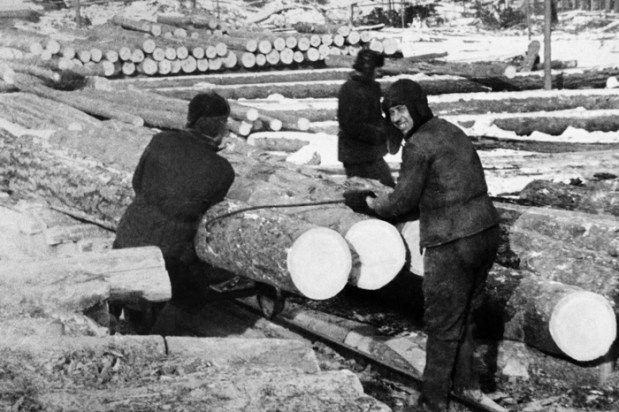
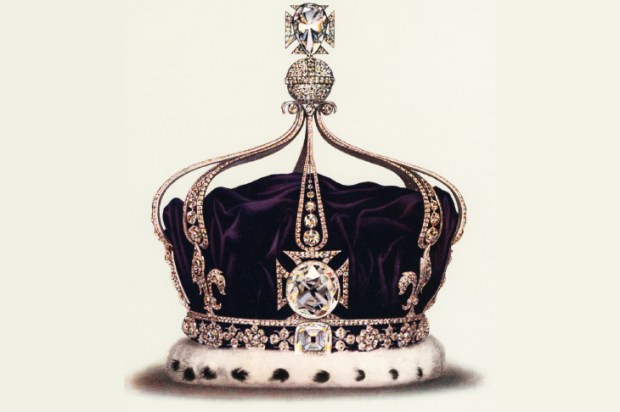

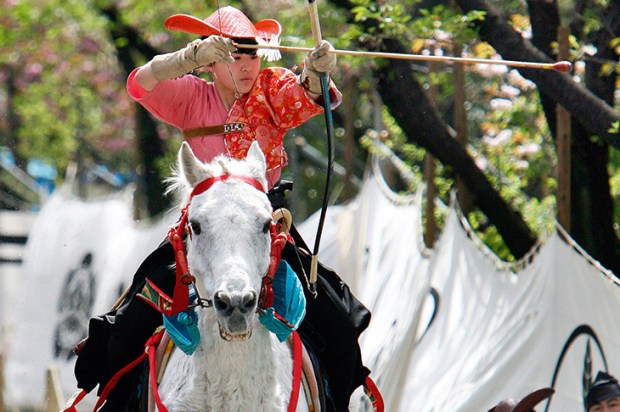






Comments
Don't miss out
Join the conversation with other Spectator Australia readers. Subscribe to leave a comment.
SUBSCRIBEAlready a subscriber? Log in